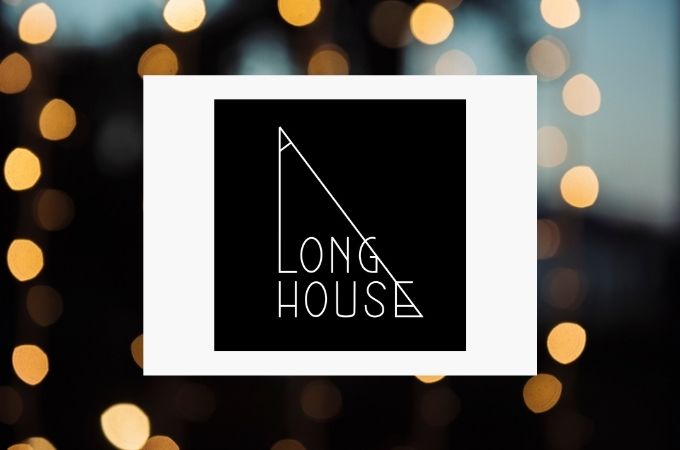
Literary Magazine A Long House has launched a call for submissions for its inaugural issue on the theme of “origins.” A Long House is “a new literary platform for thought, stories, and critical discourse centering blackness as a long memory.”
The magazine invites Black and African writers to submit thought-provoking work that considers the black experience outside of colonization and racism. A passage from the press release reads:
Today, two words describe most of the discourse around Africa and the black diaspora: “racism” and “colonization.” But the idea of a black self outside of external definitions requires language that exists beyond the influences of these boundaries. What existed before racism? What exists despite racism? What existed before colonization? What exists despite colonization?
In thinking about these questions, the outline of an ethos emerged for this submission call. We wanted to (p)re-language odd, vexing questions and conversations about our origins.
A question in this mold that we were particularly fascinated by, one that continues to be posed in varying forms of discourse as new is: What happens when a colonized person is placed at the center of an epic? Here, epic is used to loosely suggest “framework of meaning”. This question presupposes that the colonized person has never existed in his or her own epic, or made an account of this, and makes clear to us that the questions that matter more in this moment require an expansiveness that leads us towards a reckoning with the age of our enlightenment as a people.
Writers are invited to drawn inspiration from these questions to create carefully constructed, reflective work in the form of critical essays, fiction, non-fiction, poetry, philosophy, memoirs, conversations, photography, collages, illustrations, sound and soundscapes, film and works that subvert these genres.
The editors particularly “seek work that, with seriousness and tenderness, ruminates over, expands, elevates, questions, delineates, and most importantly, complicates our origins.”
For a detailed guideline, go here.









Emelda Adesina September 12, 2021 23:26
Is the opportunity still open?